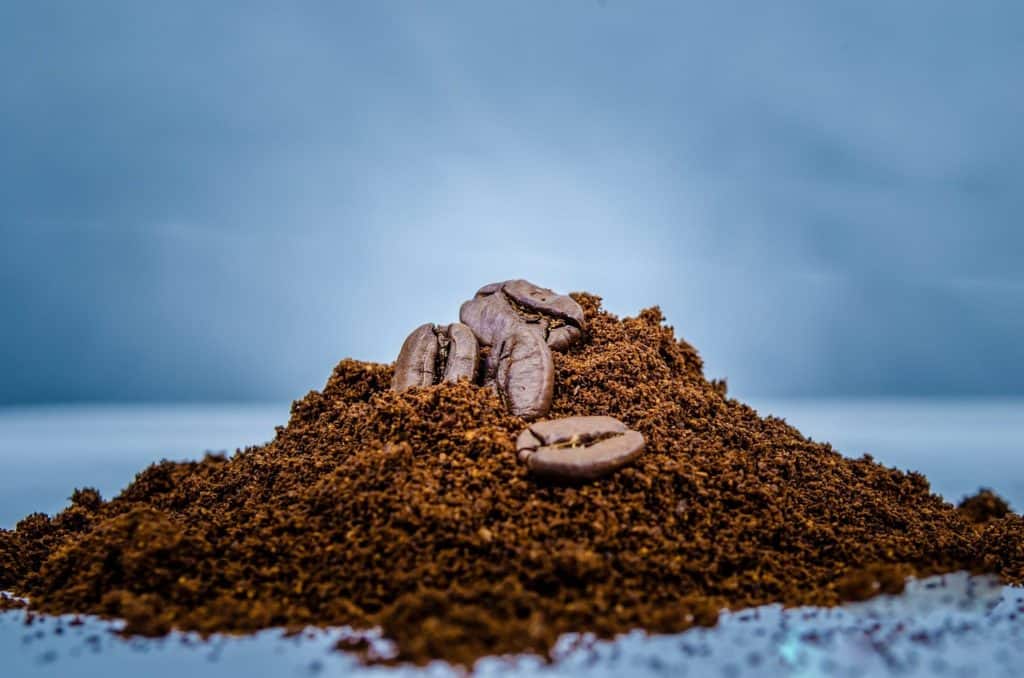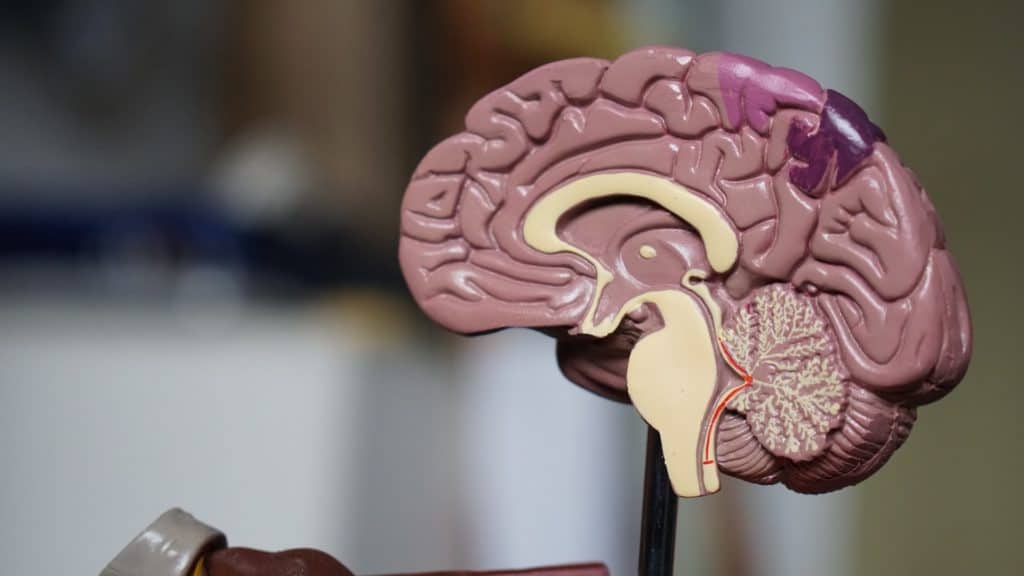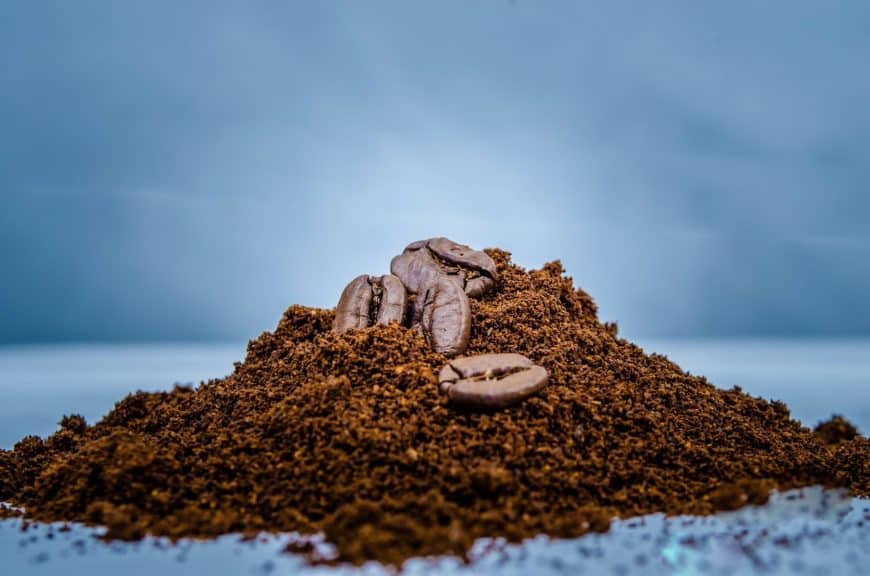
Coffee is more than just a morning pick-me-up—it’s a ritual for millions, fueling focus and energy. But what if your daily cup could do more, like sharpen your memory, boost creativity, or help you stay calm under pressure?
Enter nootropic coffee, a growing trend that takes the classic coffee buzz and amps it up with brain-enhancing ingredients. If you’re curious about what makes nootropic coffee different from your regular brew, how it works, and whether it’s worth trying, this guide has you covered.
We’ve dug into the latest info in English and Spanish to break down what nootropic coffee is, its benefits, potential side effects, and why it’s catching on. Whether you’re a student cramming for exams, a professional juggling deadlines, or just someone who loves coffee and wants a mental edge, here’s everything you need to know.
What Are Nootropics?
The term “nootropic” comes from the Greek words “noos” (mind) and “trope” (to turn), meaning substances that can improve how your brain works. Nootropics include drugs, supplements, or foods that boost cognitive functions like memory, focus, creativity, or motivation. They’re often called “smart drugs” or “cognitive enhancers,” but not all nootropics are lab-made—some are natural, like herbs or amino acids.
Coffee itself is a mild nootropic because it contains caffeine, a stimulant that increases alertness, and L-theanine, an amino acid that promotes calm without drowsiness. These two compounds work together to give you that focused, jitter-free energy you get from a good cup. Nootropic coffee takes this a step further by adding other brain-boosting ingredients, creating a drink that’s more than just a caffeine hit.
What Is Nootropic Coffee?
Nootropic coffee is regular coffee blended with additional ingredients to enhance its cognitive effects. These can include natural substances like yerba mate, ginkgo biloba, lion’s mane mushroom, or ginseng, as well as synthetic compounds like racetams or noopept in some brands. The goal is to improve mental clarity, memory, focus, or even stress resilience, depending on the blend.
Unlike regular coffee, which relies on caffeine and L-theanine, nootropic coffee is formulated to target specific brain functions. For example, lion’s mane mushroom may support nerve growth, while ginkgo biloba could improve blood flow to the brain. The exact effects depend on the ingredients, which vary by brand. Some nootropic coffees come pre-mixed, while others are sold as add-ins you can stir into your own brew.
Is Nootropic Coffee a Drug?
You might wonder if nootropic coffee is some kind of legal drug, especially since it’s designed to alter brain function. Rest assured, most nootropic coffee is perfectly legal and safe when used as directed. The ingredients, whether natural (like herbs) or synthetic (like certain amino acids), are regulated in many countries, including the U.S. and Costa Rica, and don’t fall under controlled substances.
That said, not all nootropic ingredients are created equal. Natural ones like ginseng or green tea extract are generally safe and non-addictive, similar to caffeine. Synthetic nootropics, like racetams, are legal in some places but may require a prescription in others, so check local regulations. Nootropic coffee is typically formulated to be non-addictive, but like regular coffee, overdoing it can lead to side effects (more on that later).
Benefits of Nootropic Coffee

Nootropic coffee’s appeal lies in its potential to supercharge your brain. The benefits depend on the ingredients, but here are the main ways it can give you an edge:
Boosts Cognitive Performance
Many nootropic coffee blends aim to improve how your brain processes information. Caffeine itself enhances alertness and reaction time, but ingredients like lion’s mane mushroom or bacopa monnieri can support memory and learning. These compounds may strengthen neural connections, helping you think faster and recall details more easily. Students, professionals, and older adults looking to stay sharp often turn to nootropic coffee for this reason.
Improves Focus
In a world full of distractions—pings from your phone, background noise, or endless notifications—staying focused is tough. Nootropic coffee often includes ingredients like L-theanine or rhodiola rosea, which help you zero in on tasks. Some blends even use mild stimulants like methylphenidate (in regulated doses), which is also used to treat ADHD. The result? You can power through work or study sessions with less mental fog.
Reduces Stress
Unlike regular coffee, which can sometimes make you jittery, nootropic coffee often includes calming ingredients. L-theanine, found naturally in coffee and green tea, promotes relaxation without sedation. Adaptogens like ashwagandha or ginseng can also help your body handle stress, keeping you alert but not wired. This makes nootropic coffee a great choice for high-pressure days when you need to stay cool and collected.
Supports Brain Health
Some nootropic ingredients, like lion’s mane or ginkgo biloba, may protect your brain over time. Lion’s mane supports nerve growth factor (NGF), which helps maintain healthy neurons, while ginkgo biloba improves blood flow, potentially reducing cognitive decline. These benefits are still being studied, but early research is promising, especially for aging populations.
Here’s a chart showing how common nootropic coffee ingredients stack up across these benefits:
Note: Values are illustrative based on general research and not precise measurements.
Potential Side Effects
Like anything, nootropic coffee has a downside if you overdo it. Regular coffee can cause jitters, insomnia, or kidney strain in excess, and nootropic coffee’s added ingredients can amplify these risks or introduce new ones. Here’s what to watch for:
- Headaches and Nausea: Synthetic nootropics or high doses of caffeine can trigger headaches or upset stomachs, especially if you’re sensitive.
- Insomnia: Too much nootropic coffee, especially late in the day, can disrupt sleep, just like regular coffee.
- Nootropic Stacking: Mixing multiple nootropic coffee brands or supplements can lead to unpredictable effects, as ingredients may interact. Stick to one brand at a time.
- Synthetic Ingredient Risks: While natural ingredients like herbs are generally safe, synthetic nootropics like racetams may cause side effects like irritability or dizziness in some users.
To stay safe, limit yourself to 2–3 cups of nootropic coffee per day, ideally in the morning or early afternoon. Check the ingredient list, especially if you’re on medication or have health conditions, and consult a doctor if you’re unsure. Natural-ingredient blends are usually safer for daily use.
Why Nootropic Coffee Is Gaining Popularity
Coffee is already a global obsession, with the industry worth over $35 billion annually. But for some, the standard caffeine buzz isn’t enough—they want more focus, sharper thinking, or a way to stay calm under stress. Nootropic coffee fills that gap, offering a convenient way to get cognitive benefits without popping pills or brewing complex herbal teas.
The rise of remote work, competitive academics, and wellness culture has fueled demand for brain-boosting products. Nootropic coffee fits perfectly into this trend, especially for coffee lovers who already rely on their daily cup. Brands are popping up everywhere, from small-batch roasters in Costa Rica to big names in the U.S., each offering unique blends tailored to different needs.
Tips for Trying Nootropic Coffee
Ready to give nootropic coffee a shot? Here’s how to get started:
- Choose Your Blend: Look for brands with clear ingredient lists. If you’re new to nootropics, start with natural blends containing lion’s mane, L-theanine, or ginseng.
- Check Regulations: If you’re in Costa Rica or traveling, confirm that synthetic ingredients like racetams are legal. Natural blends are usually fine worldwide.
- Start Small: Try one cup in the morning to see how you feel. Avoid drinking it late in the day to prevent sleep issues.
- Read Reviews: Brands vary in quality. Check user reviews or ask baristas at local coffee shops for recommendations.
- Pair with a Healthy Routine: Nootropic coffee works best alongside good sleep, a balanced diet, and regular exercise.
Final Thoughts
Nootropic coffee is more than a trendy buzzword—it’s a way to make your daily coffee work harder for your brain. By blending caffeine with ingredients like lion’s mane, ginkgo biloba, or L-theanine, it offers a boost to focus, memory, and stress resilience that regular coffee can’t match. While it’s generally safe and legal, moderation is key to avoiding side effects, especially with synthetic blends.
Whether you’re a student, a busy professional, or just a coffee lover looking for an edge, nootropic coffee is worth a try. Next time you’re at a café or browsing online, grab a bag and see if it gives your brain the kick you’ve been craving. Your morning cup might just become your secret weapon.

